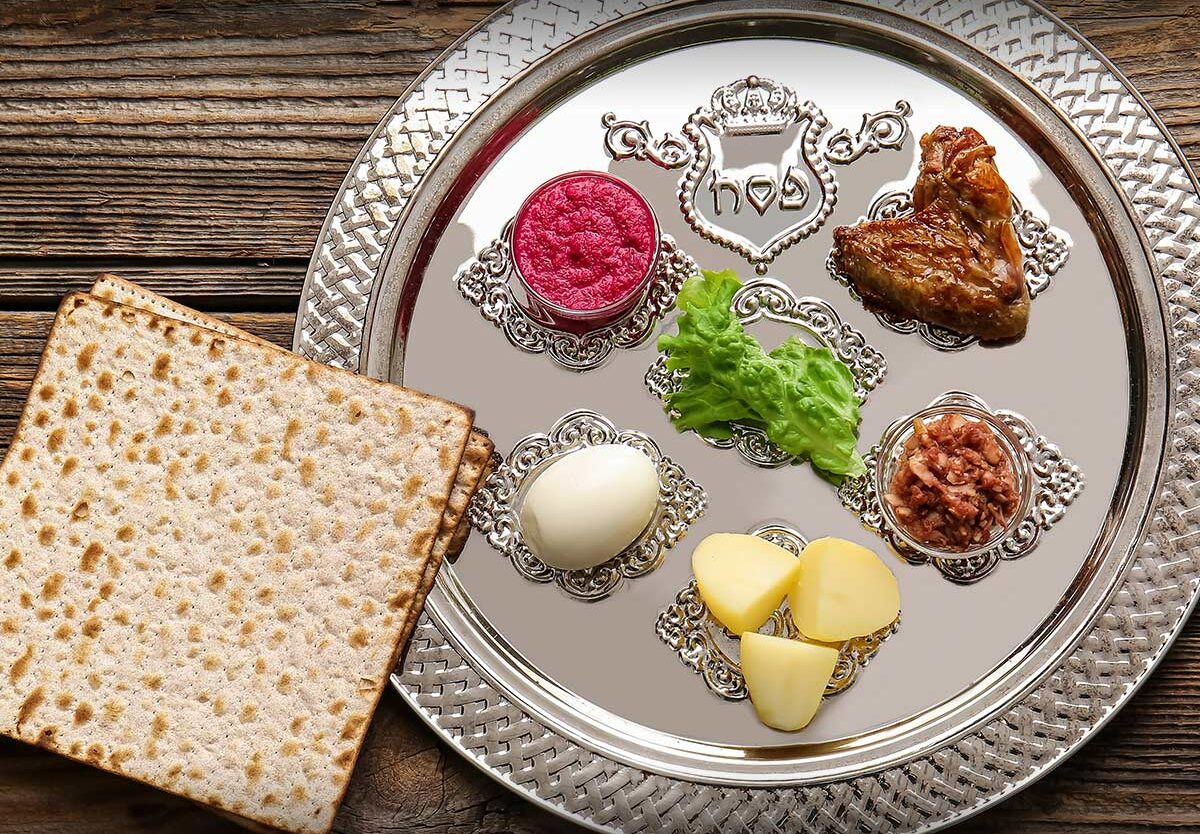This Shabbat we have a lot going on! Musician and Educator Noah Aronson is joining us all weekend long, we have our annual chocolate seder for elementary school kids, J-Quest, concerts, learning…so much going on! And, because Rabbi Cohen wrote about most of our Torah topic last week (the usually double portion of Tazria-Metzora is split over two weeks this year), I figured I’d spend more time on the special Haftarah instead.
This week, the Shabbat immediately preceding Passover is called Shabbat HaGadol, the “Great Sabbath.” There’s not a single answer about why it’s called Shabbat HaGadol. One teaching is that it used to be the Shabbat that the rabbis gave the longest sermon of the year. Another teaching is that reading for Shabbat HaGadol discusses the “great day” when the messiah might appear as we pray during our seders. This year, the teaching I’m leaning into, however, is the one that connects the Hebrew date with the day that the Israelites, in preparation for the final plague, selected the lamb that would become the Pascal sacrifice.
What I find amazing in this final teaching, is that the Israelites have not yet been freed, have not wandered through any wilderness, and definitely have not yet become a part of the covenant with God that began at Sinai. They have no concept of celebrating and commemorating Passover, because they haven’t seen the sea split or been freed. And yet, they are already participating in some Passover rituals!
Shabbat HaGadol holds a unique place in our calendar, occurring just before the festival of Passover. It serves as a moment of pause—a time to prepare ourselves spiritually, emotionally, and physically for the upcoming holiday. But what can Shabbat HaGadol teach us about the nature of transitions, particularly the value of moving slowly through periods of change?
In our own lives, we often encounter moments of transition—moving from one stage to another, whether it’s changing jobs, moving homes, ending the school year, undergoing personal growth, or shifting our diet during Passover. These transitions can sometimes feel overwhelming, disorienting, or even shockingly sudden – much like the Israelites’ journey from slavery to freedom. Yet, just as the Israelites took time to prepare for their liberation by carefully selecting and examining their Passover lamb, we too can benefit from embracing slow transitions.
What does it mean to allow for a slower transition? It means taking patient and intentional steps, one at a time, towards our destination. It means allowing ourselves the grace to adjust, learn, and grow along the way. Like the Israelites, we can use this time of preparation to reflect on our own “lambs”—the aspects of ourselves or our lives that we want to refine or let go of before stepping into a new chapter.
Shabbat HaGadol reminds us that transitions are not just about the destination — they are about the journey itself. The days leading up to Passover invite us to engage in meaningful introspection and to make conscious choices about the kind of freedom we seek. This process cannot be rushed. It requires patience, self-awareness, and a willingness to embrace uncertainty.
Moreover, the story of Passover underscores the profound impact of slow transitions. The Israelites’ journey from slavery to freedom was not immediate; it unfolded over time, marked by trials and miracles. Similarly, our own transformations often unfold gradually, with each small step contributing to our eventual liberation—whether from external constraints or inner limitations.
As we celebrate Shabbat HaGadol this year, let us embrace the wisdom of slow transitions. We can echo our ancestors with our own personal journeys, appreciating the growth that comes from navigating change mindfully and deliberately. May we approach the upcoming holiday of Passover with open hearts and minds, ready to experience the joy of liberation, both outwardly and within ourselves.
Shabbat Shalom and Chag Pesach Sameach!

